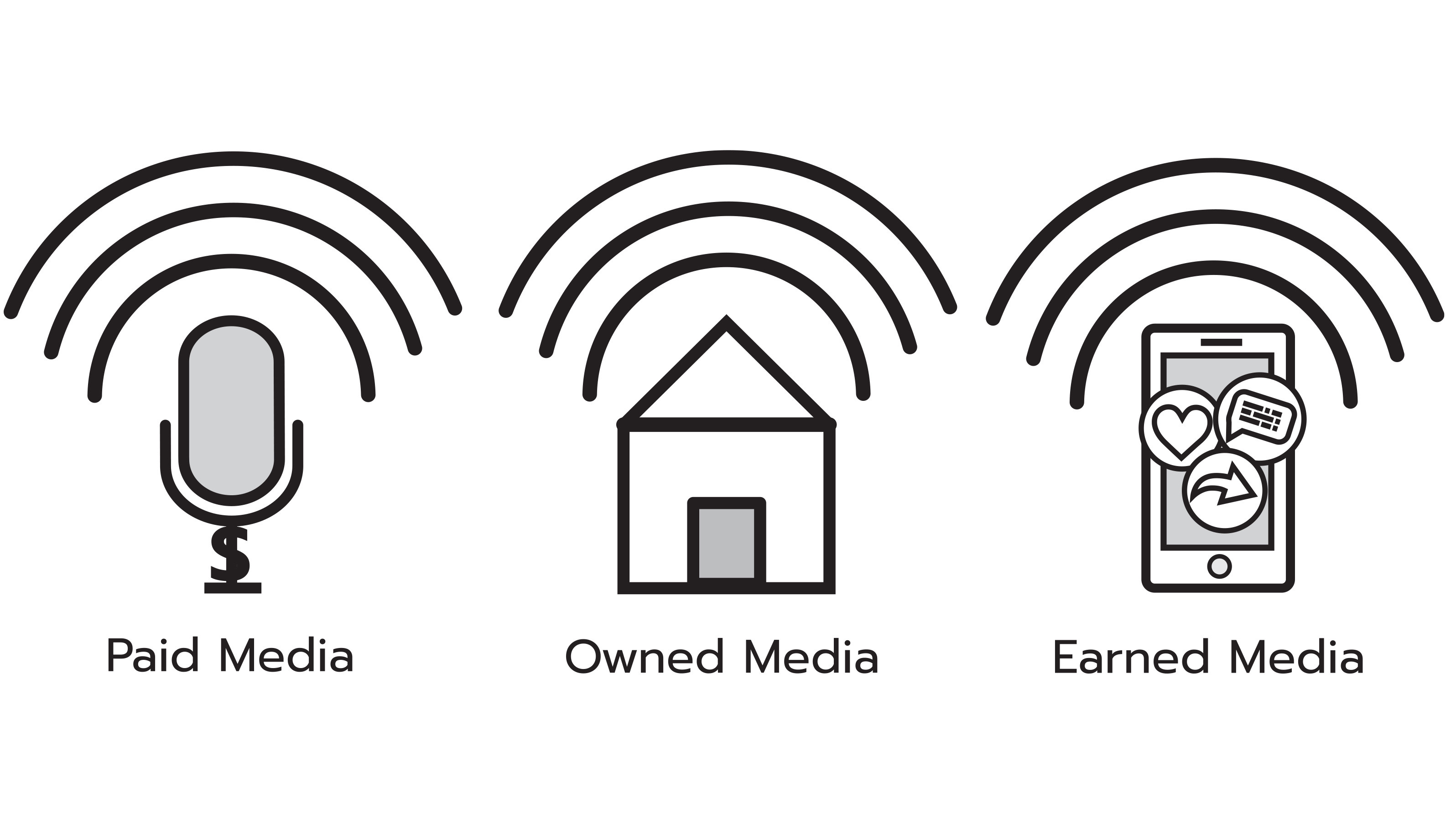B2B Tech Marketing During the Holidays
The fourth quarter is always a challenge for marketers in B2B technology. It’s typically the biggest quarter for sales and the last chance to hit...

In the consumer world, particularly in the travel, fashion and cosmetics industries, influencers are everywhere. They’re so prevalent on TikTok, Facebook and Instagram that they’ve become a national running joke.
That said, there’s no doubt they are effective. According to a MediaKix 2019 survey, four in five marketers who’d worked with influencers found it effective. And they’re not just effective for marketers who want to reach consumers. They can be effective for enterprise tech, as well, so long as you follow some key guidelines.
First, though, let’s talk a bit about what, exactly, an influencer is. Broadly speaking, influencers are people who have created a successful personal brand with a large base of social media followers, and they focus on a specific area of expertise. In enterprise tech, for instance, we have influencers in telecommunications, data storage, cloud, containers and many other sectors.
But, to be honest, influencers are nothing new to enterprise tech, as we’ve all dealt with them for decades, though they have typically gone by another name: analysts. Certainly, there are plenty of Gartner, Forrester, IDC, and 451 Group analysts who haven’t created their own personal brand, but so long as they’re working under the aegis of a larger brand, they don’t really need to. The firm’s own marketing along with the relentless promotion of their reports by the technology companies who are favorably included in them provides them with plenty of influence to go around.
Working with technology analyst firms is a topic for another blog. But it’s important to consider how marketers have traditionally worked with analysts, especially since many of the influencers in our industry refer to themselves as “independent analysts.” They view themselves in much the same way as a traditional analyst attached to a firm.
Influencers bring two big benefits to the marketing table: authority and a built-in audience. Their reputation as an expert in their field increases the value of their endorsement, and the followers they bring with them will likely be primed for conversion into customers.
There are many ways to incorporate influencers into your marketing campaigns. They can headline webinars, appear in videos on your site and author white papers about your technology. For anyone who has previously worked with analyst firms, these activities should sound familiar.
That said, contemporary enterprise technology influencers can do much more for you than these more traditional analyst activities. Don’t get me wrong, white papers and webinars are important pieces of any enterprise technology marketing plan. But today’s influencers develop their own personal brands and create large followings through social media posts on Twitter, YouTube videos, podcasts or some other form of content. You’ll get the most value from the relationship by giving the influencers some guidelines about the points you want to communicate and then letting them speak to their audience through their own proprietary channels without a lot of hand-holding on your part. After all, they’re the expert on the audience they’ve built. They almost certainly know how best to present your message to their own followers.
Here are a few more tips to help ensure that your experience working with influencers turns out to be a positive relationship for both parties:
If your product is in cloud storage and the influencer speaks primarily to a security audience, unless you specifically want to market your company’s cloud security approach, you’ll likely get better results from an influencer who works specifically with cloud technologies.
Also, research how influencers present themselves and their material to verify that they are aligned with your company’s identity. If your organization is a fairly formal, straight-laced technology outfit, an irreverent motormouth probably won’t work for you. And make sure you research all of their content channels. Some influencers have a different schtick for each channel. You don’t want to engage with them based on their totally appropriate Twitter content only to find that they act like a troll on Reddit.
Finally, don’t forget to investigate their relationships with other technology vendors. If they’ve worked with competitors in the past, that doesn’t necessarily mean they’re a bad fit, but you need to have a complete understanding of their past and current clients to make an informed decision.
Make sure you know what you want from the relationship before you start negotiating a contract, and set quantifiable goals in cooperation with the influencer. Once that’s settled, you can plan the program. Again, resist the urge to direct the influencer too much — you’ve hired them for their expertise in communicating to their audience, after all. Let them do their job!
Especially if your influencer primarily works in social media such as Twitter or even YouTube, make sure you are engaging with them. Follow your influencer’s posts, and make sure you address any questions. Contracting with influencers without developing your own relationship with their audience misses the entire point of working with them.
Influencers aren’t just for fashion and consumer gadget brands. So long as you do your due diligence, select an influencer whose audience and style matches your own, and are willing to give up some creative control, an influencer campaign can go a long way towards filling that pipeline.
Interested in learning more about how to work effectively with influencers? Get in touch. We’d love to help.

The fourth quarter is always a challenge for marketers in B2B technology. It’s typically the biggest quarter for sales and the last chance to hit...

In sales and marketing, artificial intelligence (AI) adoption is a hot issue right now, and for good reason. Sales and marketing is the business...

In content marketing, there are three primary channels through which you can promote it. Earned media, owned media, and paid media. We’re going to...